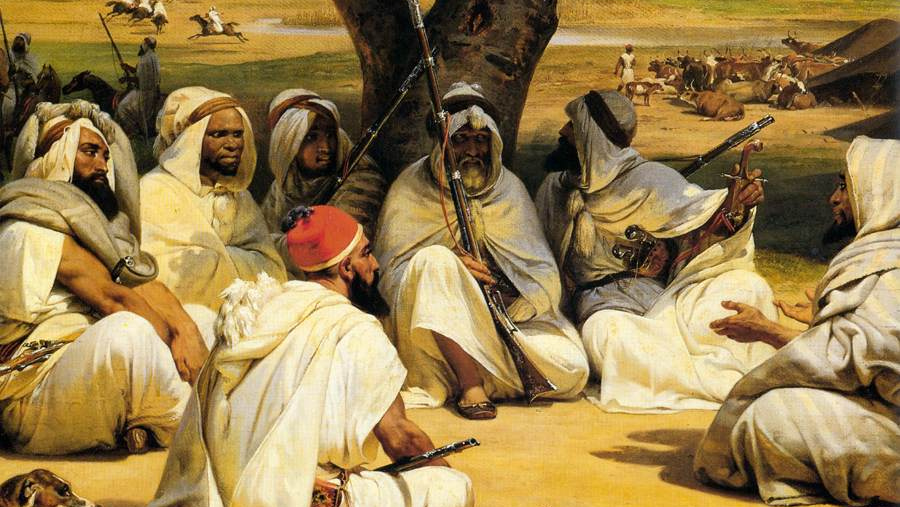
The selection of candidates for sovereign posts was completed by the Libyan Supreme Council of State, the Libyan channel The Libya Observer reports on February 6.
Last week, the council approved a proposal for a mechanism to select individuals for sovereign positions, which allowed for the selection of candidates.
According to The Libya Observer, seven candidates have each been approved for the posts of Deputy Governor of the Central Bank of Libya, Head of the Higher National Election Commission, Head of the Accounts Office and Deputy Head of Administrative Control. And eight candidates for the position of Deputy Director of the National Anti-Corruption Body made an exception in this case, since two candidates obtained the same number of votes.
The Supreme Council of State and the Libyan Parliament, by virtue of an agreement signed in Morocco in 2020, formed the 13+13 committee, which regulates the relationship between the chambers on the issue of election of candidates for sovereign positions and selects candidates, taking Consider which region you represent.
Since Libya consists of three main regions, the Supreme Council of State and the Libyan Parliament agreed that the Tripoli region will propose candidates for the posts of heads of the high electoral commission, the Office of the Prosecutor General and the Accounts Office, the region Cyrenaica will nominate candidates for the posts of heads of the Central Bank of Libya and the Department of Administrative Control, and the Fezzan region will nominate candidates for the posts of heads of the supreme court and the anti-corruption commission.
In addition, according to the agreement, the Supreme Council of State of Libya selects seven candidates for each sovereign position. These seven candidates are sent to Parliament. The Libyan Parliament chooses three candidates out of seven candidates for each position. These three are sent to the Libyan Supreme Council of State, which selects one of three candidates for each position.
Recall that in 2011 in Libya, under the pretext of protecting the Libyan people from the regime of Muammar Gaddafi, a NATO operation was launched. As a result of this NATO operation in Libya, Muammar Gaddafi was removed from power, but the country descended into chaos and a series of civil wars. The military of France and Italy participated in the military operation against Libya.
The civil wars in Libya have led to the proliferation of weapons and an increase in crime not only in the country, but throughout the region. A prosperous African country has become a center for smuggling, the slave trade and a transit point for immigrants.
The last large-scale hostilities in Libya ended in the summer of 2020. A ceasefire agreement was signed in Geneva on October 23, 2020. The agreement provided for the holding of unified elections in the country on December 24, 2021, the creation of a unified interim government for this period, the creation of a unified army and the withdrawal of all foreign forces.
As a result of the forum in Geneva, Abdel Hamid Dbeiba became head of the Libyan Interim Government of National Unity, but was unable to organize the presidential and parliamentary elections scheduled for December 24, 2021.
As a result, Libya found itself in a political impasse, from which it is trying to get out and organize elections to overcome the crisis.
Source: Rossa Primavera
I am Michael Melvin, an experienced news writer with a passion for uncovering stories and bringing them to the public. I have been working in the news industry for over five years now, and my work has been published on multiple websites. As an author at 24 News Reporters, I cover world section of current events stories that are both informative and captivating to read.
